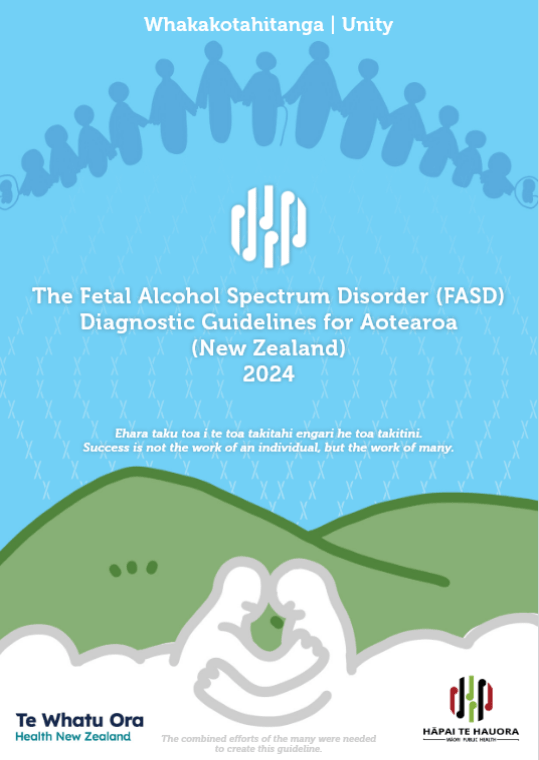University research themes: Healthy people, families and communities; Social change and equity
Developmental disabilities disproportionately affect children from Indigenous and ethnic minority backgrounds, often leading to higher rates of hospital admissions and challenges in accessing appropriate support.
In 2016, Dr Ifrah Abdullahi received an Australian Government Research Training Program Scholarship, leading to a pivotal 2019 study on hospital admission patterns in Australian children with developmental disabilities, considering maternal country of birth and Indigenous status. Results indicate that children of migrant parents face higher rates of language difficulties, intellectual disabilities, and autism. Knowledge gaps and cultural perceptions of developmental delays often hinder families from seeking and engaging with essential support programs.
Impact

The findings from this study have directly informed the Fetal Alcohol Spectrum Disorder (FASD) Diagnostic Guidelines for Aotearoa New Zealand, published by Health New Zealand. These guidelines provide essential recommendations for clinicians assessing and diagnosing FASD within the health system in New Zealand. Including the valuable insights from this research in New Zealand Health’s guidelines will ensure clinicians consider culture, migration, and Indigenous status when making decisions and recommendations to families.
United Nations Sustainable Development Goals




